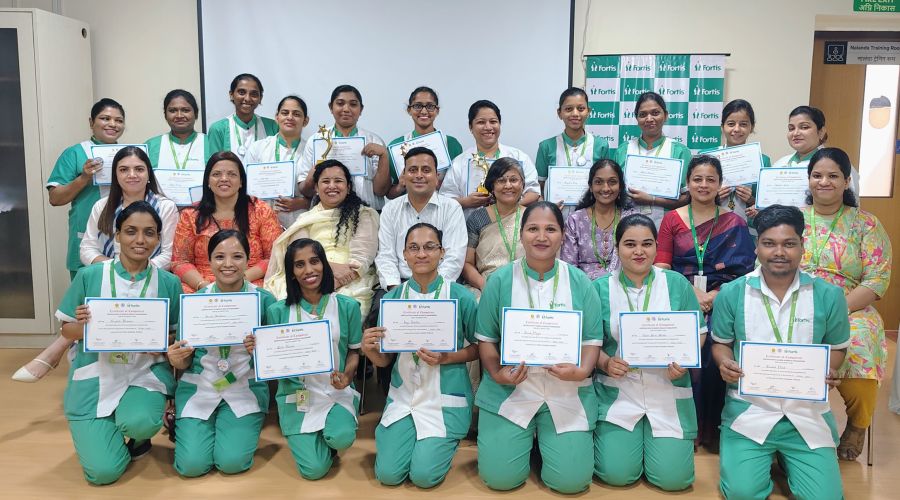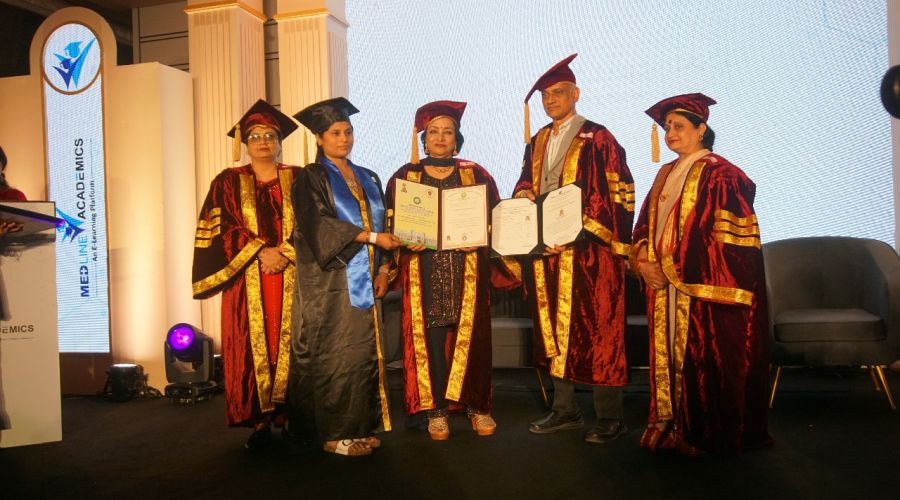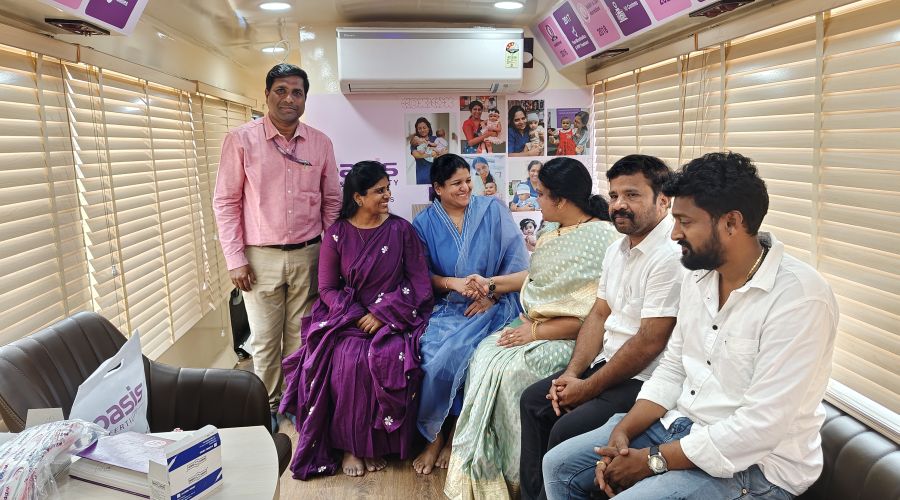Fortis Hospital Mulund launches Insulin Educator Program, on the eve of International Nurses Day 2025, to enhance the experience of diabetic patients in self-Insulin management, ensuring better patient outcomes. The program, led by 21 specially-trained nurses, aims to educate and empower diabetic patients with methodologies, guidelines, and tools to enable appropriate self-Insulin management at home. The cohort of 21 nurses underwent six-months of advanced training, with enhanced curriculum and hand-on workshops specifically designed and led by Dr Sweta Budyal, Senior Consultant–Diabetology & Endocrinology, and Ms. Zankhana Shetty, Diabetes Counsellor, Fortis Hospital, Mulund.
The cornerstone of the Insulin Educator Program is a survey that was conducted over two months, with diabetic patients admitted at the hospital, and their caregivers, to understand the pattern of self-Insulin administration, especially in the post-discharge phase. The survey, with a sample size of 50, highlighted some alarming trends:
-
- 76% patients had minimal experience or had basic knowledge about self-Insulin administration
- 70% patients were unaware of the different sites where Insulin could be administered, and 94% were unaware about site rotation methodologies when injecting Insulin!
- 82% patients were unaware of the proper techniques for storing Insulin, which is crucial for maintaining its effectiveness
- 92% patients were unaware of how to change the cartridge or needle while using an Insulin pen!
Dr. Sweta Budyal, Senior Consultant–Diabetology & Endocrinology, Fortis Hospital Mulund, “For any diabetic, proper management and routine monitoring of blood sugar levels are important parameters. Therefore, they need to be aware of the correct usage of an Insulin Pen or injection, the amount of dosage, its adjustment, timing, and administration technique to reduce the potential risk of developing hypoglycemia. The survey showed a stark gap, and hence, we designed a dedicated workshop so that nursing staff can demonstrate all the instructions to the patients, solve their doubts, and train them in self-Insulin administration”.
The workshop covered various aspects of Insulin management in diabetic patients, like understanding the patients’ knowledge of Insulin administration. Accordingly, educated them with correct measures and guidelines. A dedicated learning kit was designed to support nurses in the effective demonstration of Insulin administration amongst patients. In addition, a Standard Operating Protocol (SOP) on Insulin management was created. A blood glucose monitoring cards and rotation grids were provided to the patients for promoting safe Insulin administration at home, ensuring regular monitoring.
Speaking about the Insulin Educator Program, Dr Vishal Beri, Facility Director, Fortis Hospital Mulund, said, “The Insulin Educator Program reflects our commitment towards patient-centricity. By addressing the knowledge gap, identified through the survey, our trained nursing staff can empower patients to manage their Insulin requirement confidently at home, reducing the risk of life-threatening complications, and improving their overall health. With this initiative we aim to address the communication gap effectively with the patients, thereby brining down incidences of inappropriate or inaccurate Insulin usage”.
Helmed by Ms Minimole Varghese, Chief Nursing Officer, and with support from Ms Sherin Chandy, Nurse Educator, Fortis Hospital Mulund, the program will be extended across the Fortis Mumbai cluster to educate a larger number of nurses, and build specifically trained cohort of nurses for Insulin management.












